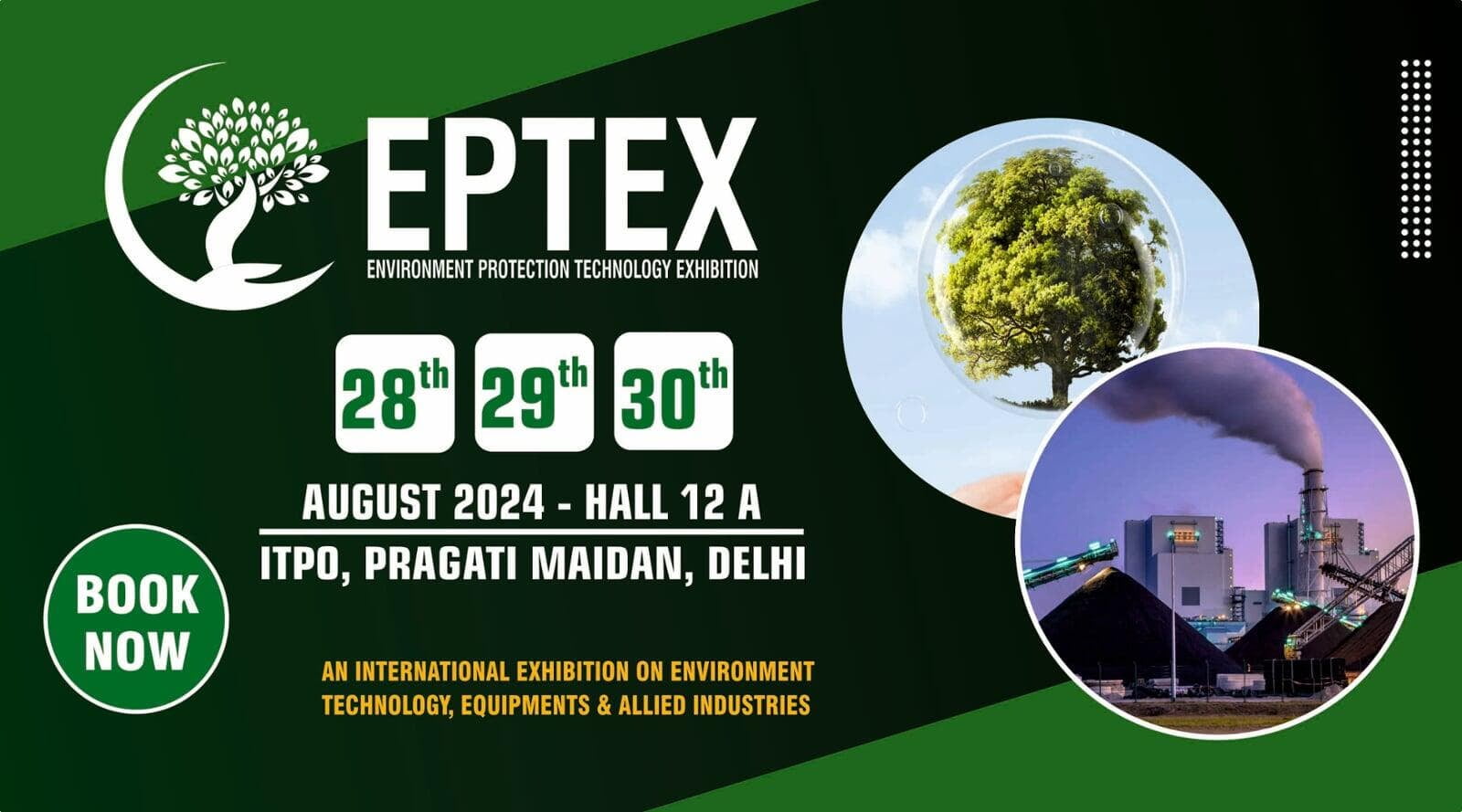Waste management has long been a critical challenge for municipalities and industries alike. As urbanization and industrialization continue to accelerate, the volume of waste generated has surged, necessitating advanced and efficient waste management solutions. Enter innovative technologies that are transforming the way we handle, process, and dispose of waste. These advancements are not only addressing the increasing waste burden, but also contributing significantly to environmental sustainability. Here, we explore some of the most groundbreaking technologies leading the charge in revolutionizing waste management.
Smart waste bins equipped with sensors and Internet of Things (IoT) technology are changing the landscape of waste collection. These bins can monitor fill levels in real-time and send alerts to waste management companies when they need to be emptied. This optimization reduces unnecessary collection trips, lowers fuel consumption, and minimizes carbon emissions. Additionally, IoT-enabled waste bins can sort waste at the source, improving recycling rates and reducing contamination.
Transforming waste into energy is a game-changer in waste management. Technologies like anaerobic digestion, pyrolysis, and gasification convert organic and inorganic waste into biogas, syngas, and other forms of energy. This not only reduces the volume of waste sent to landfills, but also generates renewable energy, which can be used to power homes, industries, and even the waste management facilities themselves.
Traditional recycling methods are being enhanced with advanced technologies to increase efficiency and effectiveness. Optical sorting systems, for instance, use cameras and sensors to identify and sort different types of materials at high speeds. Chemical recycling, another innovative method, breaks down plastics into their original monomers, allowing for the creation of new, high-quality plastics without degrading the material.
Automation is making its mark in waste management through robotic sorting systems. These robots use artificial intelligence and machine learning to identify, pick, and sort waste materials with high precision. Robotic sorting not only speeds up the recycling process, but also improves the purity of recyclable materials, making recycling more economically viable.
The concept of a circular economy is gaining traction as a sustainable waste management strategy. This approach emphasizes the reuse, refurbishment, and recycling of products and materials, creating a closed-loop system that minimizes waste. Companies and governments are adopting circular economy practices by designing products for longevity, promoting recycling, and implementing take-back programs.
The development of biodegradable and compostable materials is reducing the environmental impact of waste. These materials are designed to break down naturally in the environment, returning valuable nutrients to the soil without leaving harmful residues. Innovations in bioplastics, for example, are providing sustainable alternatives to traditional plastics in packaging, agriculture, and other industries.
Big data and artificial intelligence (AI) are revolutionizing waste management by providing insights and optimizing operations. Data analytics can track waste generation patterns, predict future waste volumes, and identify areas for improvement in waste collection and processing. AI algorithms can optimize routing for waste collection vehicles, reduce operational costs, and enhance the overall efficiency of waste management systems.
Conclusion
Conclusion
The revolution in waste management driven by innovative technologies is paving the way for a cleaner, more sustainable future. From smart waste bins and waste-to-energy technologies to advanced recycling methods and circular economy initiatives, these advancements are transforming how we manage waste and protect our environment. By embracing and investing in these technologies, we can significantly reduce the environmental impact of waste, conserve resources, and move towards a more sustainable and resilient waste management system.
Embrace the future of waste management with these cutting-edge technologies and join the movement towards a greener, cleaner world. What innovative waste management technologies are you most excited about? Visit EPTEX 2024 IN Delhi from 28 – 30 Aug at ITPO, Pragati Maidan and get a close view of the technologies showcased with expert opinions.



